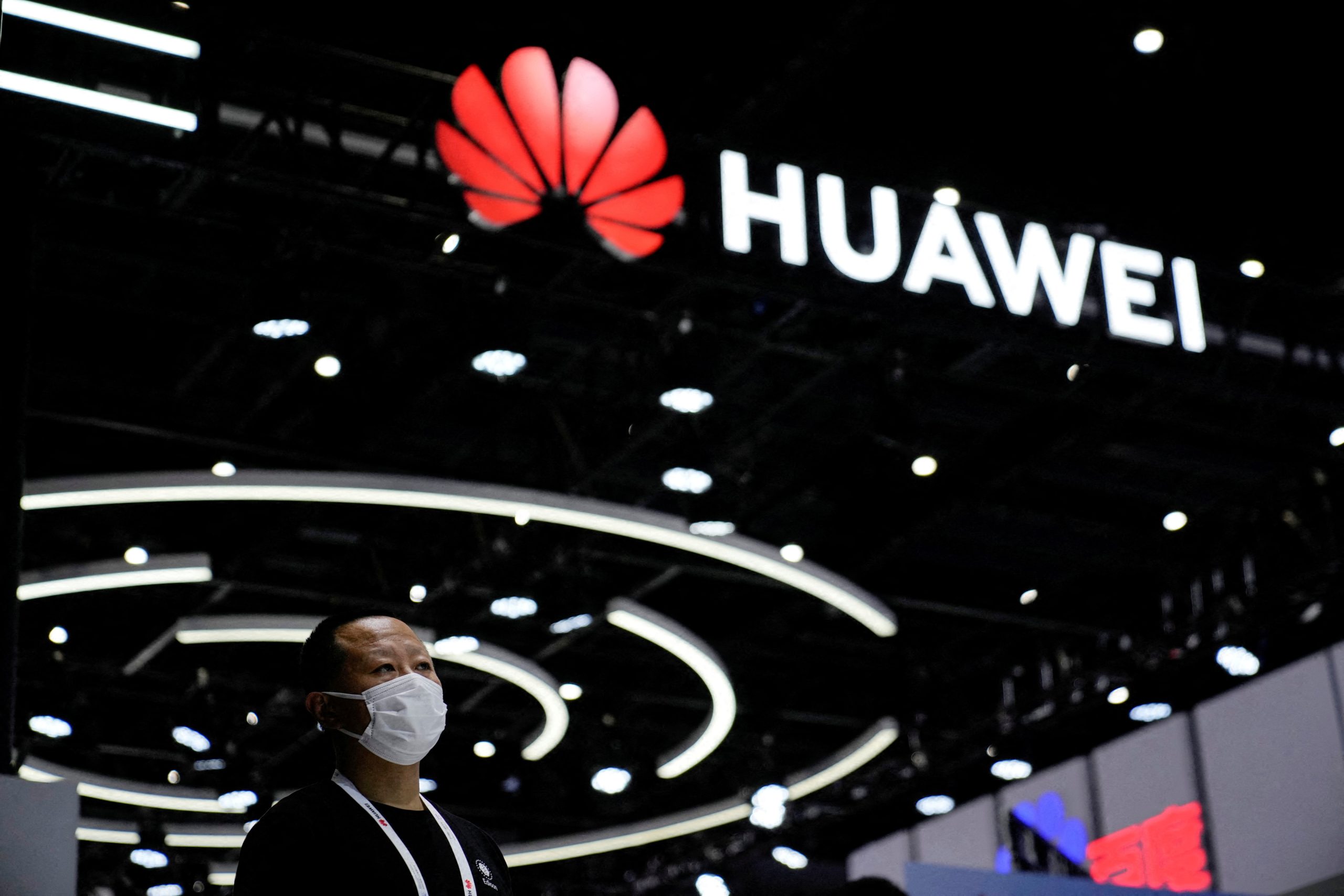
[elfsight_social_share_buttons id=”1″]
The Biden administration approved more than $23 billion worth of licenses for companies to ship U.S. goods and technology to blacklisted Chinese companies in the first quarter of 2022, a Republican lawmaker said on Tuesday.
The data comes amid growing pressure on the administration of Democratic President Joe Biden to further expand a broad crackdown on shipments of sensitive U.S. technology to China from Republican lawmakers, who now control the House of Representatives.
“Overwhelmingly, (the Commerce Department) continues to grant licenses that allow critical U.S. technology to be sold to our adversaries,” Republican Representative Michael McCaul, chair of the House of Representatives Foreign Affairs Committee, said at a hearing on combating the generational challenge of Chinese aggression, as he grilled U.S. officials for allowing the licenses to be approved.
McCaul said the Commerce Department, which oversees export controls, denied only 8% of license requests to sell to companies on the U.S. trade blacklist during the January to March period last year.
Commerce Department official Alan Estevez, who oversees U.S. export policy, told the hearing that a Trump-era policy that allows China’s blacklisted telecommunications equipment maker Huawei to receive some U.S. technology below the “5G level” is “under assessment.”
Estevez also described popular Chinese-owned social media app TikTok as a “threat,” noting that a powerful committee that reviews foreign investments in the United States was dealing with how to handle the app.
Democratic Congressman Gregory Meeks cautioned against reading too much into the licensing numbers, noting that the approval and denial data provides no information about the transactions.
The data comes a week after the Biden administration added new Chinese companies to the trade blacklist for aiding Russia’s military and months after announcing a sweeping new policy aimed at dramatically curbing shipments of chips and chipmaking tools to China.
Huawei was added to a trade blacklist known as the entity list by former Republican President Donald Trump in 2019, amid allegations of sanctions violations, spying capabilities, and intellectual property theft.
Suppliers of most companies added to the entity list see their requests to ship to the targeted firms denied, but the Trump administration implemented a special policy for Huawei, pledging to deny it access to some things like 5G chips but allow it to receive other items, such as 4G chips.
Copyright 2023 Thomson/Reuters
